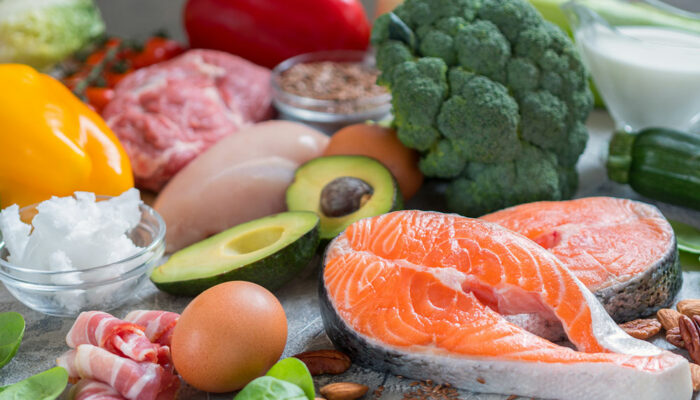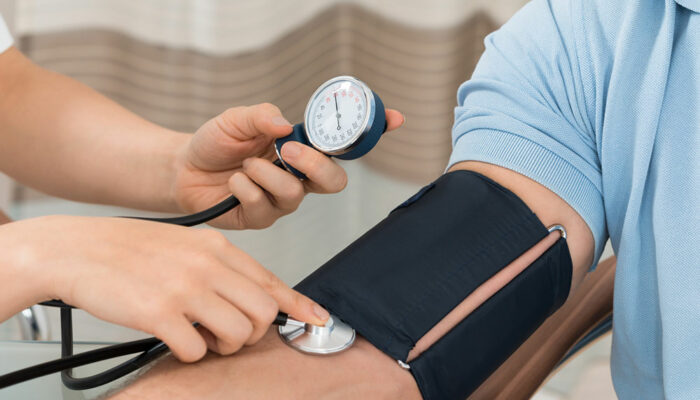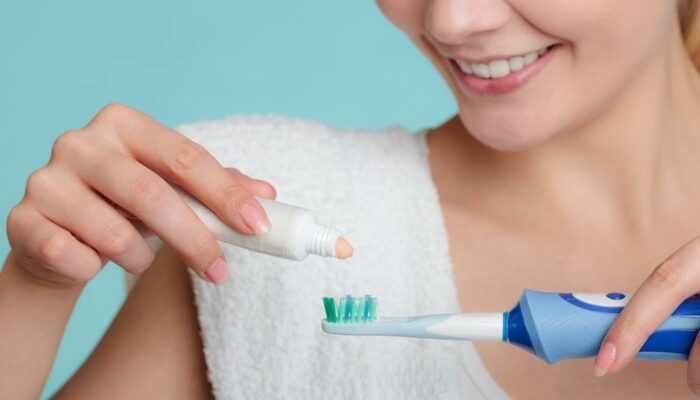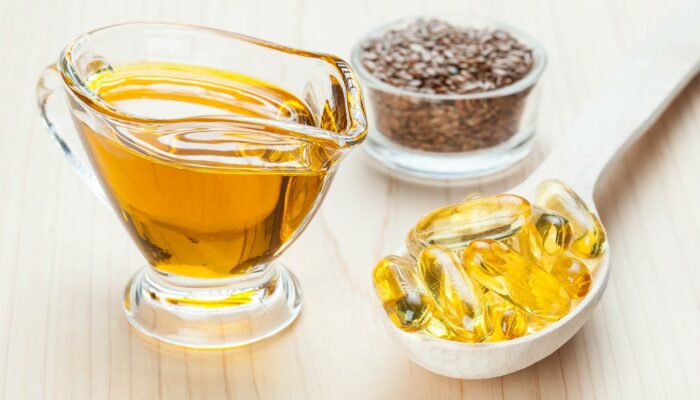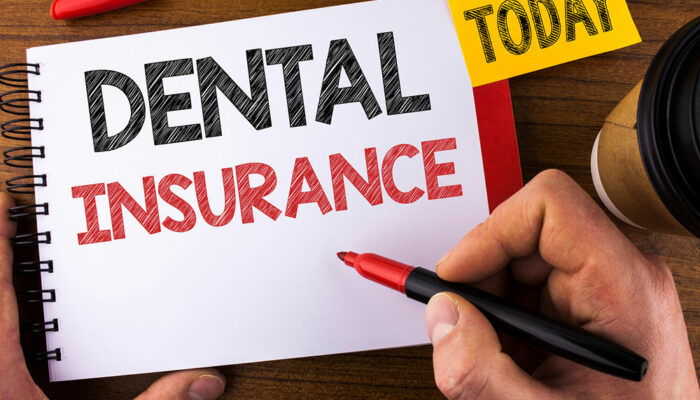
health
Top 4 things that dental insurance doesn’t cover
Most medical or health insurance plans do not cover dental services. As a result, many people opt for special dental insurance plans to ensure that their gums and teeth are well cared for. It is important to note that these dental insurance plans are not all-inclusive. Depending on the policy, one may find themselves paying out-of-pocket for several different services. Most commonly, the following things are not covered by dental insurance: 1. Select procedures While this may differ from provider to provider, many insurance companies, such as Orthodontia, do not cover the cost of select procedures. Orthodontics is a field of dentistry that focuses on malpositioned teeth and jaws and misaligned bite patterns (such as braces, aligners, or retainers). The cost of these procedures must then be borne out-of-pocket. In some cases, the cost of orthodontics may be covered for children under 19. 2. Cosmetic dentistry Most dental insurance plans do not cover the cost of esthetic or cosmetic dentistry, as these are not considered “medically necessary.” This includes services such as teeth whitening and veneers. 3. Pre-existing conditions Some dental insurance policies do not cover pre-existing conditions, such as missing teeth. The cost of treatment for such conditions is generally paid out of pocket.
Read More 